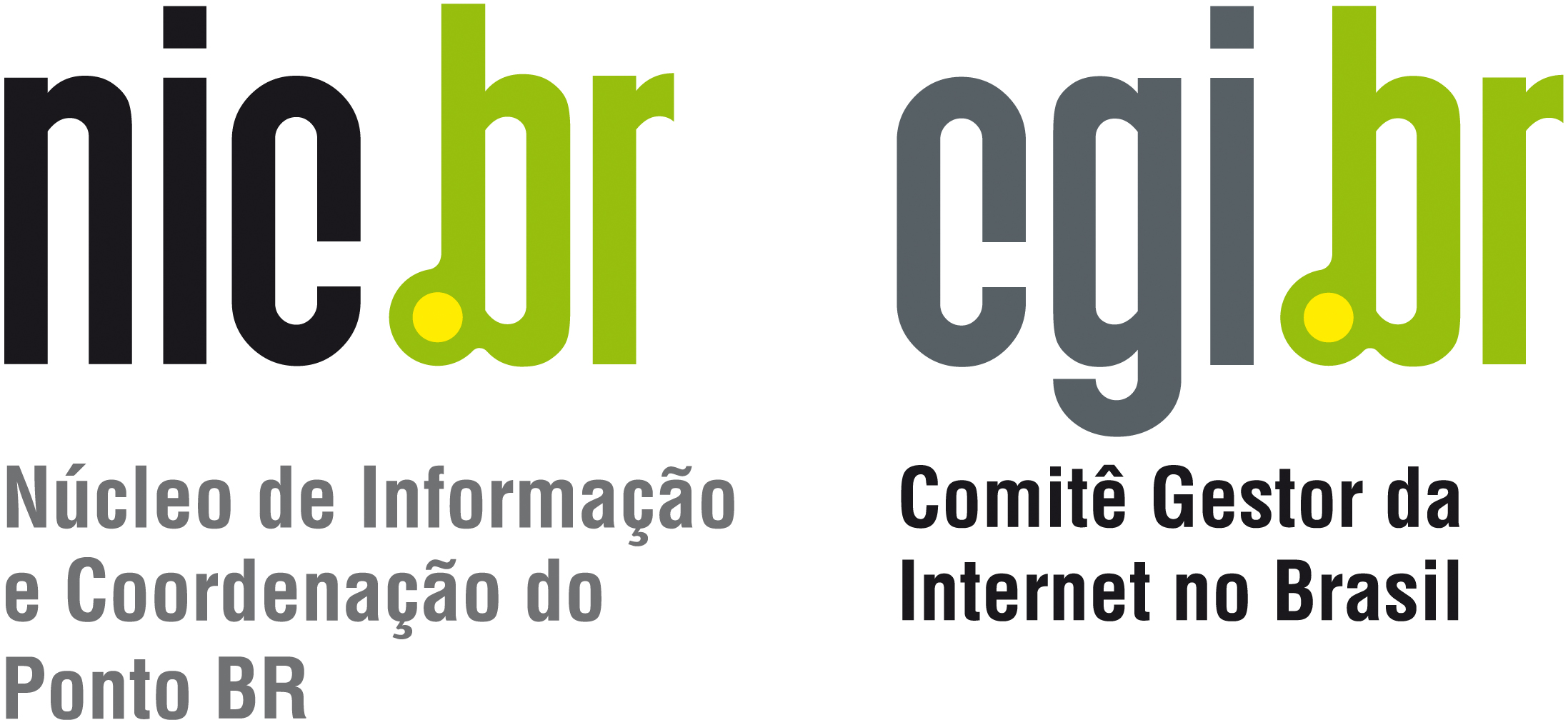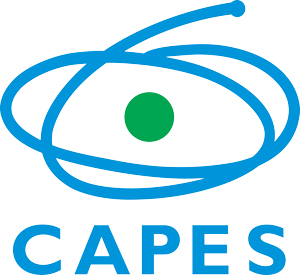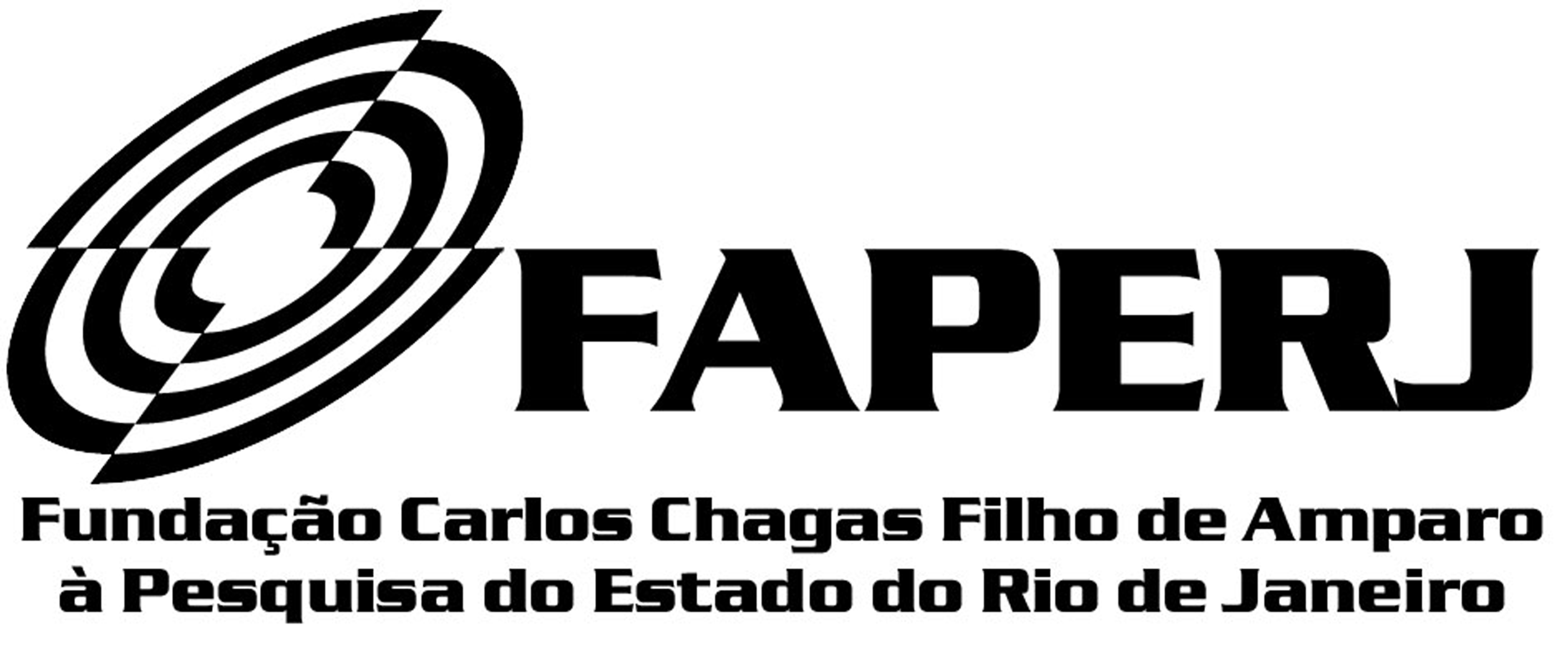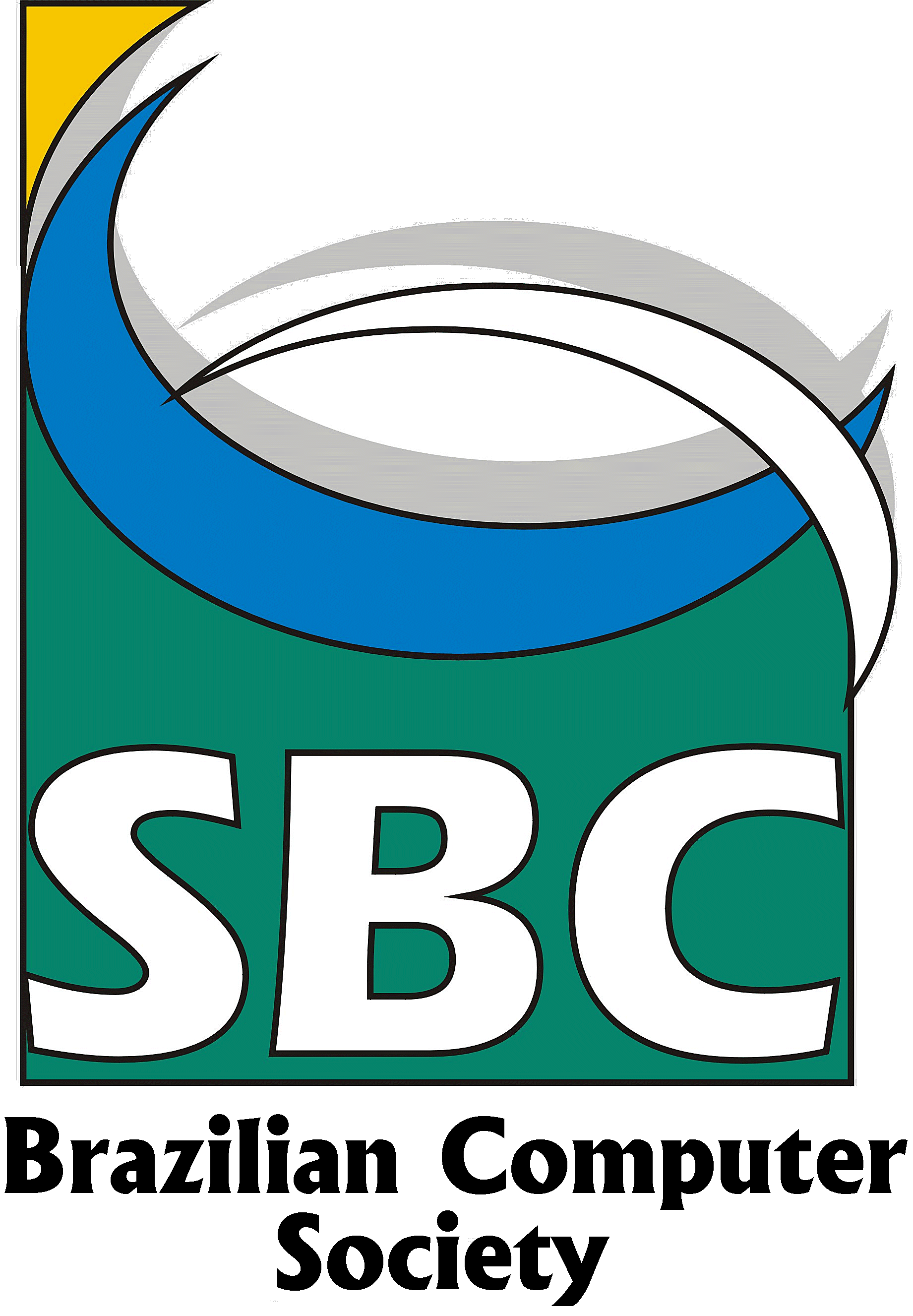November 12-14, 2014 - Rio de Janeiro, Brazil.

Keynote 1 - Wireless Evolution beyond 2020
Khaled B. Letaief
Vice-President, IEEE Communications Society
Dean of Engineering, Hong Kong University of Science & Technology
November 12 - 9:30-10:30
Abstract: Over the past decade wireless Communications has transformed every aspect of our society and daily lives. The demand for ubiquitous connectivity to a plethora of services as well as the expected explosive growth of mobile access to the Internet and other applications (e.g., 3D Internet, augmented reality, social networking, Internet of Things) will continue to fuel the demand for new wireless networks that can realize seamless connectivity amongst different technologies. Currently the fourth generation (4G) and LTE systems are being deployed around the world. At the same time, researchers and standardization agencies have been focusing their efforts on the design and development of the fifth generation (5G) mobile and wireless communication technologies. Compared with 4G communication systems, significantly higher wireless transmission rates and more efficient spectral efficiencies are expected in 5G networks. In addition, energy efficiency will play a key role into the design of future wireless communication systems.
In this talk, we shall discuss the challenges and opportunities in next-generation wireless communications and networking. We also describe some of the potential solutions that are needed to meet the challenging demands of beyond 4G wireless networks. Advanced technologies that can dramatically increase the network capacity while guaranteeing ubiquitous connection and uniform coverage for a high-level user experience, will be particularly emphasized.
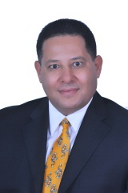
Short bio: Dr. Letaief received his Ph.D. Degree from Purdue University, USA. Since 1993, he has been with the Hong Kong University of Science & Technology (ranked #1 in Asia in 2013 according to QS) where he is currently Chair Professor and Dean of the School of Engineering (ranked #19 in the world in 2013 according to QS World University Rankings). He is an acknowledged authority in wireless communications with over 490 papers along with 13 patents. He served as consultants for different organizations and is the founding Editor-in-Chief of the highly-rated IEEE Transactions on Wireless Communications. He has also served on the editorial board of other prestigious journals including the IEEE Journal on Selected Areas in Communications - Wireless Series (as Editor-in-Chief). He has been involved in organizing a number of major international conferences and events. These include WCNC'07; ICC'08; ICC'10, TTM'11, and ICC'16.
He is the recipient of many distinguished awards including the Michael G. Gale Medal for Distinguished Teaching at HKUST, 2007 IEEE Communications Society Publications Exemplary Award, 2009 IEEE Marconi Prize Award in Wireless Communications, 2010 Purdue University Outstanding Electrical and Computer Engineer Award, 2011 IEEE Communications Society Harold Sobol Award, 2011 IEEE Wireless Communications Technical Committee Recognition Award, and 10 IEEE Best Paper Awards.
Dr. Letaief served as an IEEE Distinguished lecturer, Vice-President for Conferences of the IEEE Communications Society (ComSoc), and Treasurer of IEEE ComSoc. He is currently serving as Vice-President for Technical-Activities of IEEE ComSoc, member of the IEEE Product Services and Publications Board, and member of the IEEE Fellow Evaluation Committee.
He is a Fellow of IEEE, Fellow of HKIE, and an ISI Highly Cited Researcher.
Keynote 2 - Energy Efficient Design of Fifth Generation Cellular Networks
Vijay K. Bhargava
Department of Electrical and Computer Engineering
University of British Columbia, Vancouver
November 13 - 9:30-10:30
Abstract: Evolving Fifth Generation (5G) wireless networks are expected to overcome challenges of existing cellular networks. Visible challenges include: legions of connected devices and high traffic volume, high data rate and low latency, disparate user requirements and characteristics, mobility management in different radio access technologies, end-to-end performance, user coverage in hotspots, limitations of millimeter-wave technologies and efficient energy design.
Achieving better performance without significant increase in energy consumption is a challenging design consideration in 5G networks. We start off with a quick overview of energy savings in base stations, energy efficient cognitive and cooperative communications and energy-efficient methods for BS sleeping and cell zooming in multi-tier cellular networks. We will then consider energy harvesting as an enabling technology to achieve the dual target of reducing energy consumption in base stations and removing the constraint of limited battery life in low power wireless devices for 5G networks. The presentation will conclude with a discussion of different energy harvesting techniques and challenges associated with them.
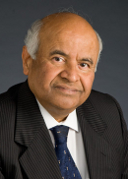
Short bio: Vijay Bhargava is a Professor in the Department of Electrical and Computer Engineering at the University of British Columbia in Vancouver, where he served as Department Head during 2003-2008. During 1984-2003 he was with the University of Victoria and during 1976-1984 he was with Concordia University in Montreal. Vijay received his PhD from Queen's University in 1974. He is listed in the Thomson Reuters Institute for Scientific Information (ISI) Highly Cited list.
Vijay is a co-author (with D. Haccoun, R. Matyas and P. Nuspl) of "Digital Communications by Satellite" (New York: Wiley: 1981) and co-editor of five books the latest of which (with E. Hossain and G. Fettweis) is "Green Radio Communications Networks" (Cambridge University Press 2012).
Vijay is a Fellow of the IEEE, The Royal Society of Canada, The Canadian Academy of Engineering and the Engineering Institute of Canada. He is a Foreign Fellow of the National Academy of Engineering (India) and has served as a Distinguished Visiting Fellow of the Royal Academy of Engineering (U.K.). He has received numerous awards for his teaching, research and service.
Vijay has served as an Editor-in-Chief of the IEEE Transactions on Wireless Communications. He is a past President of the IEEE Information Theory Society and a Past President of the IEEE Communications Society.
Keynote 3 - Efficient Spectrum Usage
Paulo Sergio Ramirez Diniz
Programa de Engenharia Elétrica, COPPE/UFRJ
Departamento de Eletrônica e Computação, Escola Politécnica
Universidade Federal do Rio de Janeiro, Brazil
November 13 - 14:30-15:30
Abstract: The widespread use of mobile devices with high processing capabilities with the increasing number of users and growing demand for higher data rates leads to unprecedented demand for data traffic over mobile communication networks. As a result, these mobile broadband devices are spectrum hungry requiring the search for new technologies enabling efficient spectrum usage. There is a large number of possible solutions to improve the use of the spectrum available. In this presentation we describe three tools that might be considered for efficient spectrum usage. First, we show one solution, among many, of a block transceiver with superfast implementation employing a range of values for the redundancy starting from the minimum up to the standard values. After that, we describe an strategy to detect adaptively white spaces in the radio spectrum. Finally, we describe how to design optimal pilot symbol patterns based on a simple post-equalization signal-to-interference noise ratio (SINR) based framework taking channel estimation errors into account.

Short bio: Paulo S. R. Diniz was born in Niteróoi, Brazil. He received the Electronics Eng. Degree (Cum Laude) from the Federal University of Rio de Janeiro (UFRJ) in 1978, the M.Sc. Degree from COPPE/UFRJ in 1981, and the Ph.D. from Concordia University, Montreal, P.Q., Canada, in 1984, all in electrical engineering.
Since 1979 he has been with the Department of Electronic Engineering (the undergraduate dept.) UFRJ. He has also been with the Program of Electrical Engineering (the graduate studies dept.), COPPE/UFRJ, since 1984, where he is presently a Professor. He served as Undergraduate Course Coordinator and as Chairman of the Graduate Department. He is one of the three senior researchers and coordinators of the National Excellence Center in Signal Processing. He has also received the Rio de Janeiro State Scientist award, from the Governor of Rio de Janeiro state.
From January 1991 to July 1992, he was a visiting Research Associate in the Department of Electrical and Computer Engineering of University of Victoria, Victoria, B.C., Canada. He also holds a Docent position at Helsinki University of Technology. From January 2002 to June 2002, he was a Melchor Chair Professor in the Department of Electrical Engineering of University of Notre Dame, Notre Dame, IN, USA. His teaching and research interests are in analog and digital signal processing, adaptive signal processing, digital communications, wireless communications, multirate systems, stochastic processes, and electronic circuits. He has published over 280 refereed papers in some of these areas and wrote ADAPTIVE FILTERING: Algorithms Practical Implementation, Springer, Fourth Edition 2013, and DIGITAL SIGNAL PROCESSING: System Analysis and Design, Cambridge University Press, Cambridge, UK, Second Edition 2010 (with E. A. B. da Silva and S. L. Netto) and the monograph BLOCK TRANSCEIVERS: OFDM and Beyond, Morgan & Claypool, New York, NY, 2012 (W. A. Martins, and M. V. S. Lima).
He was the General Co-Chair of the 2011 IEEE International Symposium on Circuits and
Systems held in Brazil. He has served Vice President for region 9 of the IEEE Circuits and Systems Society and as Chairman of the DSP technical committee of the same Society. He is also a Fellow of IEEE (for fundamental contributions to the design and implementation of fixed and adaptive filters and Electrical Engineering Education). He has served as associate editor for the following Journals: IEEE Transactions on Circuits and Systems II: Analog and Digital Signal Processing from 1996 to 1999, IEEE Transactions on Signal Processing from 1999 to 2002, and the Circuits, Systems and Signal Processing Journal from 1998 to 2002. He was a distinguished lecturer of the IEEE Circuits and Systems Society for the year 2000 to 2001. In 2004 he served as distinguished lecturer of the IEEE Signal Processing Society and received the 2004 Education Award of the IEEE Circuits and Systems Society. He also holds some best-paper awards from conferences and from an IEEE journal. In 2014, he received the Charles A. Desoer Technical Achievements Award from from the IEEE Circuits and Systems Society.
Keynote 4 - Distributed Wireless Communications through Software Defined Cellular Networking
Abbas Jamalipour
University of Sydney, Australia
November 14 - 9:30-10:30
Abstract: Exponential growth of cellular network traffic and flattening spectral efficiency are two of the biggest challenges faced by beyond 4G/5G wireless cellular networks. On the demand side, network traffic is exponentially growing and becoming more and more diverse while on the supply side; the available spectrum and spectral efficiency are flattening out. One way for overcoming the problem of increasing per-user capacity and spectral efficiency is to make cells smaller and bring base stations closer to mobile hosts, thus reducing the number of users per cell and improving per link SNR. As a result, network deployments in beyond 4G/5G wireless cellular networks will inevitably become extremely dense. The current architectures are unable to support such extremely dense cellular and wireless deployments. One way to improve the cellular network architecture is to apply the fundamentals of software defined networking (SDN) to design layers of system and abstractions that simplifies the deployment and management of extremely dense wireless cellular networks. SDN can programmatically decouple network architectures from infrastructure, thus making it easier for deploying new applications and services, as well as for tuning network policy and performance. When the SDN theory is applied, base stations perform basic packet-processing functions under the command of a logically centralized controller. Thus, SDN enables distribution of data-plane rules over multiple, low-cost network switches, hence reducing the scalability of the packet gateway and enabling flexible handling of data traffic over the cellular network. In this talk we explore such new architecture design for future wireless cellular networks.

Short bio: Abbas Jamalipour is the Professor of Ubiquitous Mobile Networking at the University of Sydney, Australia, and holds a PhD in Electrical Engineering from Nagoya University, Japan. He is a Fellow of the Institute of Electrical and Electronics Engineers (IEEE), a Fellow of the Institute of Electrical, Information, and Communication Engineers (IEICE) and a Fellow of the Institution of Engineers Australia, an ACM Professional Member, and an IEEE Distinguished Lecturer. He is the Deputy Director for the Centre of Excellence in Telecommunications, and leads the Wireless Networking Group (WiNG) at the University of Sydney. He is the author of six technical books, nine book chapters, and over 300 technical papers in scholarly journals and international conferences, as well as five patents, all in the area of wireless communications. He is the recipient of many prestigious awards including the 2010 IEEE ComSoc Harold Sobol Award, the 2010 Royal Academy of Engineering UK Distinguished Fellowship, the 2006 IEEE ComSoc Distinguished Contribution to Satellite Communications Award, the 2006 IEEE ComSoc Best Tutorial Paper Award, and ten best paper awards. He is one of the most cited researchers in the field of mobile and cellular networks.
He was the Editor-in-Chief IEEE Wireless Communications and currently he is an editor for several scholarly journals. He has served in many IEEE positions including ComSoc Vice President for Conferences; Member ComSoc Finance Committee; Member ComSoc On-Line Contents Committee; Member ComSoc Education Board; Member ComSoc Conference Boards; Member IEEE TAB/PSPB Products & Services Committee; Chair Communication Switching and Routing TC; Chair Satellite and Space Communications TC; Vice Director Asia Pacific Board. He has been a General Chair/Technical Program Chair/Vice Chair of major IEEE conferences (e.g., RWS'08, RWS'09, WCNC'10, GLOBECOM'10, ICC'11, GLOBECOM'12, PIMRC'12; ICC'14). Dr. Jamalipour is also an elected member of Board of Governors (2014-16), IEEE Vehicular Technology Society.

